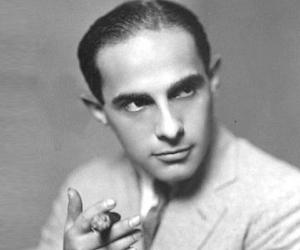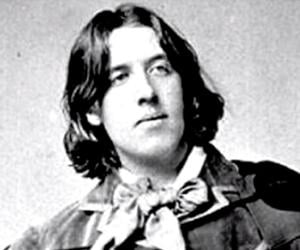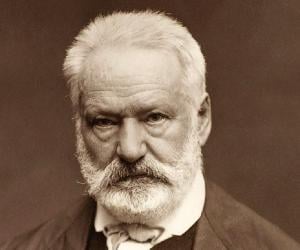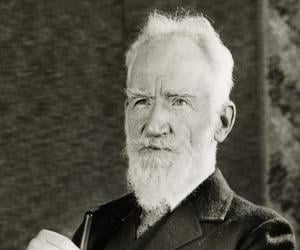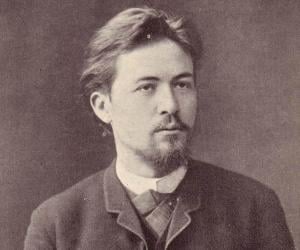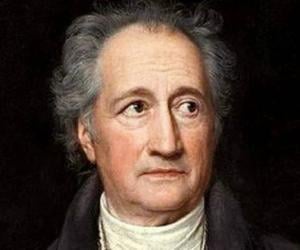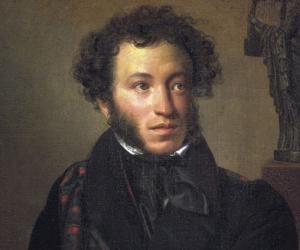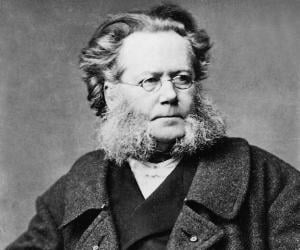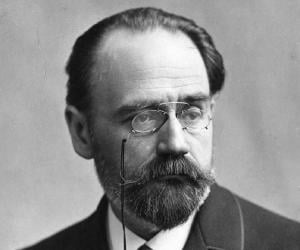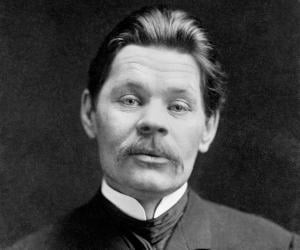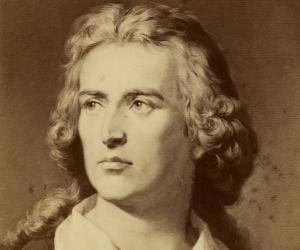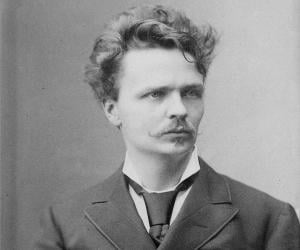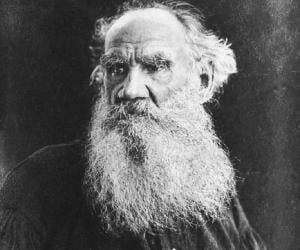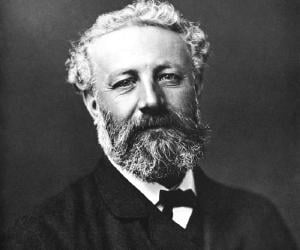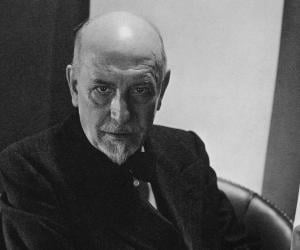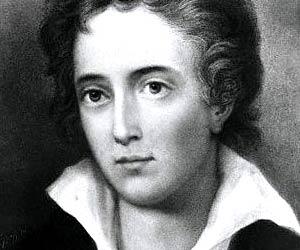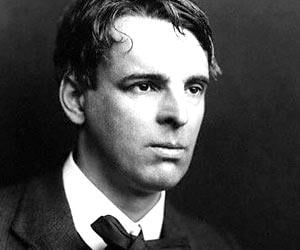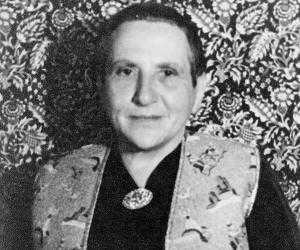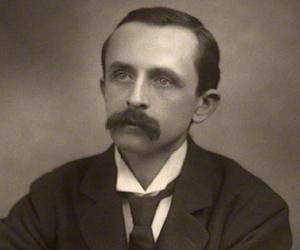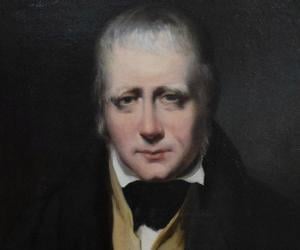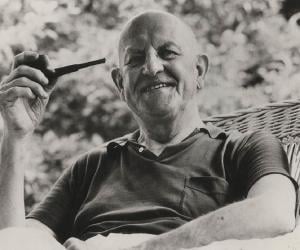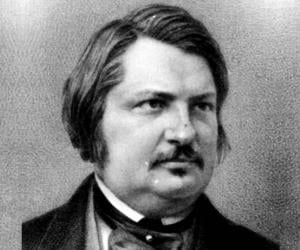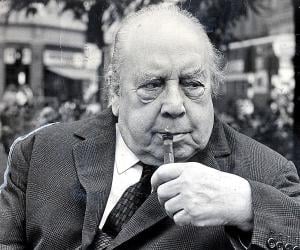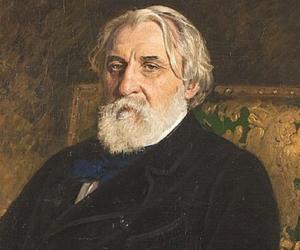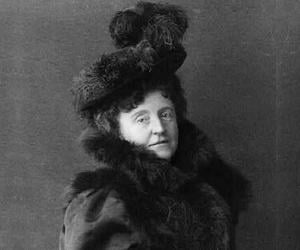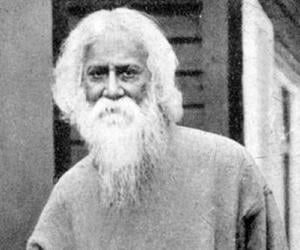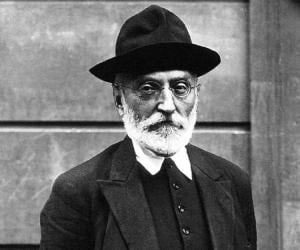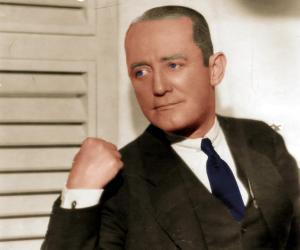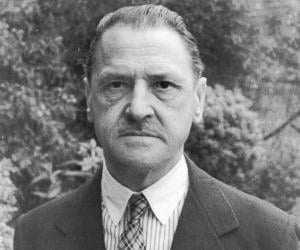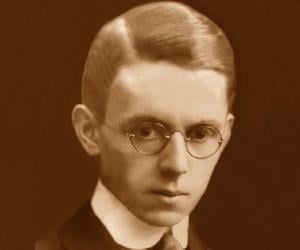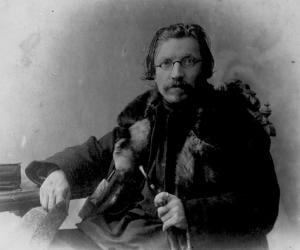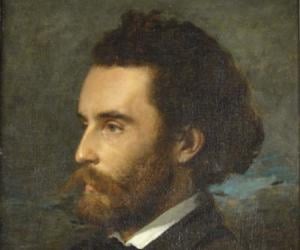Widely regarded as one of the most popular writers of all time, Oscar Wilde is best remembered for his plays and epigrams. He was also one of the best-known personalities during his time as he was popular for his conversational skills, flamboyant dressing sense, and biting wit. Imprisoned in 1895 for consensual homosexual acts, Oscar Wilde was pardoned posthumously in 2017.
Victor Hugo was a French poet, dramatist, and novelist of the Romantic movement. Regarded as one of the best-known and greatest French writers of all time, Victor Hugo wrote abundantly during his career that spanned over six decades. Thanks to his works, such as Hernani and Cromwell, Victor Hugo was one of the leading figures of the Romantic literary movement.
Nobel Prize-winning playwright and author George Bernard Shaw was best known for his realism and his support for women’s rights and socialism. His ideas gave rise to the word “Shavian.” His drama Pygmalion inspired the musical My Fair Lady. His other notable works include Candida and Man and Superman.
Anton Chekhov was a Russian short-story writer and playwright. Widely regarded as one of the greatest writers of short fiction, Chekhov's works have influenced the progression of the modern short story. As a playwright, Anton Chekhov is credited with influencing the rise of modernism in theatre, along with August Strindberg and Henrik Ibsen.
Regarded as the greatest literary figure in Germany's modern era, Johann Wolfgang von Goethe was a statesman and writer. Apart from writing poetry and prose, he also wrote treatises on color, anatomy, and botany. Thanks to his literary genius, Goethe was made part of the Duke's privy council in Weimar and he implemented several reforms at the University of Jena.
Henrik Ibsen was a Norwegian theatre director and playwright. One of the most influential and popular playwrights of his generation, Ibsen is credited with co-founding modernism in theatre, for which he is often called the father of realism. After William Shakespeare, Henrik Ibsen is the world's most often performed dramatist. His works have influenced other playwrights like George Bernard Shaw.
Emile Zola was a French novelist, journalist, and playwright. He played a key role in the development of theatrical naturalism and was a well-known practitioner of the literary school of naturalism. He was also a political journalist and was influential in the political liberalization of France. He was nominated for the Nobel Prize in Literature twice.
Maxim Gorky was a writer and political activist. He is best remembered for founding the socialist realism literary method. Gorky, who was nominated for the prestigious Nobel Prize in Literature on five occasions, published several novels that were later adapted into plays, films, and operas. In 1938, Valery Zhelobinsky adapted Gorky's novel Mother into an opera.
Friedrich Schiller was a German poet, physician, philosopher, playwright, and historian. Schiller is best remembered for his friendship with Johann Wolfgang von Goethe and the two discussed issues concerning aesthetics. Schiller's discussions with Goethe paved the way for a period, which came to be known as Weimar Classicism. Friedrich Schiller is also widely regarded as Germany's most prominent classical playwright.
August Strindberg was a Swedish playwright, painter, essayist, novelist, and poet. He wrote over 30 works of fiction and more than 60 plays in an illustrious career that spanned 40 years. Widely regarded as the father of modern Swedish literature, Strindberg is best remembered for his work The Red Room, which is considered the first modern Swedish novel.
Russian writer, Leo Tolstoy, is widely considered as one of the greatest authors ever. After experiencing a profound moral crisis in the 1870s, Tolstoy went through a phase of spiritual awakening, which had a great impact on his subsequent works that incorporated ideas on nonviolent resistance. These works influenced personalities like Mahatma Gandhi, thereby effectively changing the course of history.
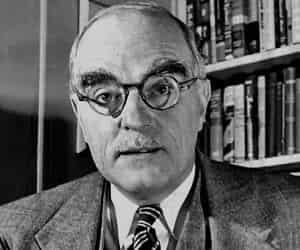
Luigi Pirandello was an Italian novelist, short story writer, poet, and dramatist. Best remembered for his plays, Pirandello was honored with the prestigious Nobel Prize in Literature in 1934. An Italian nationalist, Pirandello supported Fascism; he asked the Fascist government to melt down his Nobel Prize medal for the Abyssinia Campaign.
Gertrude Stein was an American playwright, novelist, poet, and art collector. She is remembered for publishing works about lesbian sexuality, which was considered a taboo at that time. Over the years, Gertrude Stein has been the subject of several works of art. In the 2011 movie Midnight in Paris, Stein was portrayed by Kathy Bates.
Sir James Matthew Barrie was a Scottish playwright and novelist. He is credited and remembered for creating the famous fictional character, Peter Pan. In the 1922 New Year Honours, Barrie was made a member of the Order of Merit. Before his death, he gifted the Great Ormond Street Hospital for Children with the rights of his Peter Pan works.
Walter Scott was a Scottish novelist, poet, historian, and playwright. Scott's ability as a writer and his knowledge of history made him a pioneering figure in the formation of the historical novel genre. An influential writer, many of his works remain classics of Scottish as well as English-language literature. Scott was admired by other prominent writers like Letitia Elizabeth Landon.
Honoré de Balzac was a French playwright and novelist. Since his works gave a detailed, unfiltered representation of society, Honoré de Balzac is generally considered one of the founders of realism and an important figure in European literature. Renowned for creating multi-faceted characters, Balzac influenced several popular writers like Charles John Huffam Dickens, Émile Zola, Henry James, and Gustave Flaubert.
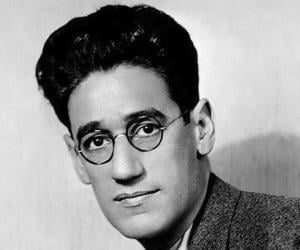
It is believed Russian novelist Ivan Turgenev was highly inspired by his dominant mother in his younger days and thus created strong female characters in his novels later. He is remembered for popularizing Russian literature and realism in the West. One of his most notable works was Father and Sons.
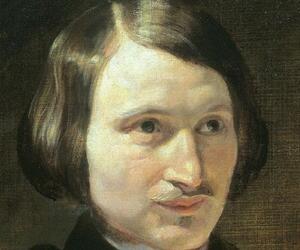
Nikolai Gogol was a Ukrainian author who redefined Russian literature with his novels such as Dead Souls and his short stories such as The Overcoat and Diary of a Madman. Most of his works were influenced by Ukrainian folklore. He was typically fond of the grotesque as a literary element.
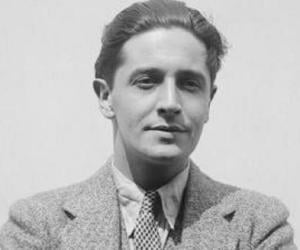
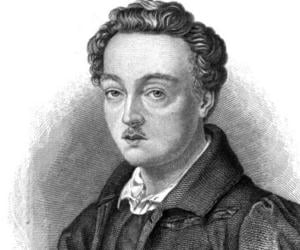
Part of the Young Germany movement, German dramatist and author Georg Büchner was a revolutionary and a master of Expressionist plays. Born to an army doctor, he studied medicine but also simultaneously participated in pamphleteering for social issues. He is remembered for works such as Danton’s Death and Woyzeck.
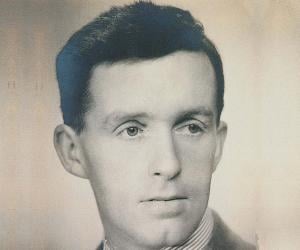
Rabindranath Tagore was an Indian polymath who contributed greatly to the fields of literature, art, and philosophy. Referred to as the Bard of Bengal, Tagore is credited with reshaping Bengali literature and music. The first non-European to receive the Nobel Prize in Literature, Tagore is also credited with composing the national anthems of India and Bangladesh.
Miguel de Unamuno was a Spanish essayist, poet, playwright, novelist, and philosopher. His most famous novel was Abel Sánchez: The History of a Passion, a modern retelling of the Biblical Cain and Abel story. He was a significant figure in the Spanish literary and intellectual circles and served as rector of the University of Salamanca.
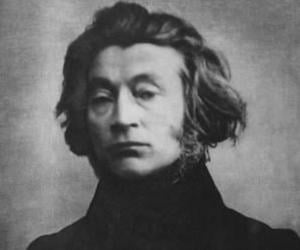
Adam Mickiewicz was a Polish poet, dramatist, essayist, and political activist. He was a major figure in Polish Romanticism and considered one of Poland's "Three Bards." He has long been regarded as Poland's national poet and is often compared to Byron and Goethe. The vast majority of his work is available only in Polish and has been reprinted numerous times.
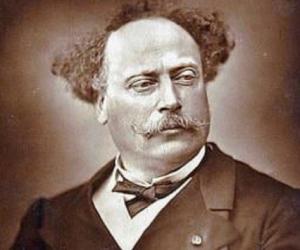


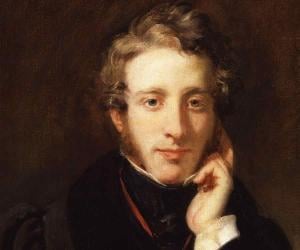
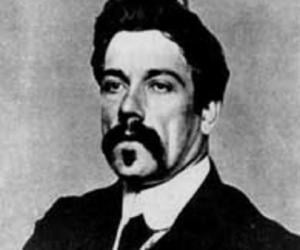
A major figure of the Irish Literary Revival, John Millington Synge is best remembered for his play The Playboy of the Western World, which caused riots in Dublin due to its satiric depiction of the Irish nature of boasting. His life ended abruptly at 37, due to blood cancer.
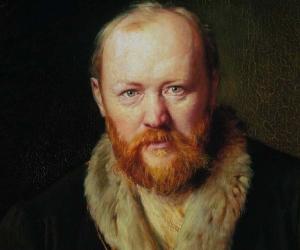
One of the greatest Russian playwrights to have ever lived, Alexander Ostrovsky represented the realistic period. A law school graduate, he initially worked as a law clerk. His play Bankrot was banned because of its controversial topic. He was also associated with the Maly Theatre of Moscow.

Born to a doctor, Arthur Schnitzler had initially followed in his father’s footsteps and practiced medicine, gaining expertise in psychiatry. He later made a mark as an author and playwright with works such as Anatol and None but the Brave, which became hallmarks of modernism and the decadent movement.
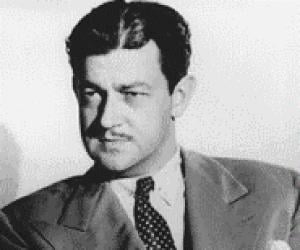
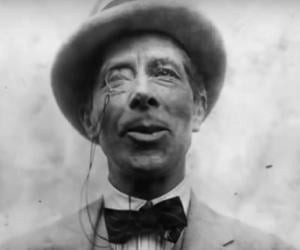
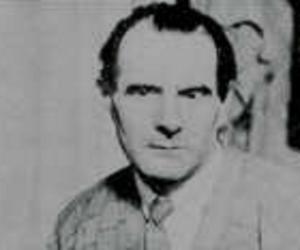
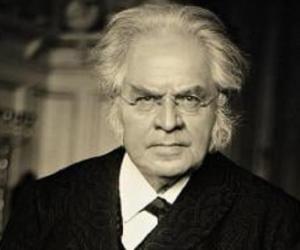
Nobel Prize-winning Norwegian author Bjørnstjerne Bjørnson, the first Nobel laureate from his country, is regarded as one of The Four Greats of Norwegian Literature. He also penned the Norwegian national anthem and is known for books such as Absalom's Hair and short stories such as The Railroad and the Churchyard.
French playwright and author Alfred de Musset is best remembered for his autobiographical The Confession of a Child of the Century. Though he was supposedly part of the Romantic movement, many of his works satirized the movement. He stopped allowing his plays to be staged after The Venetian Night flopped.
